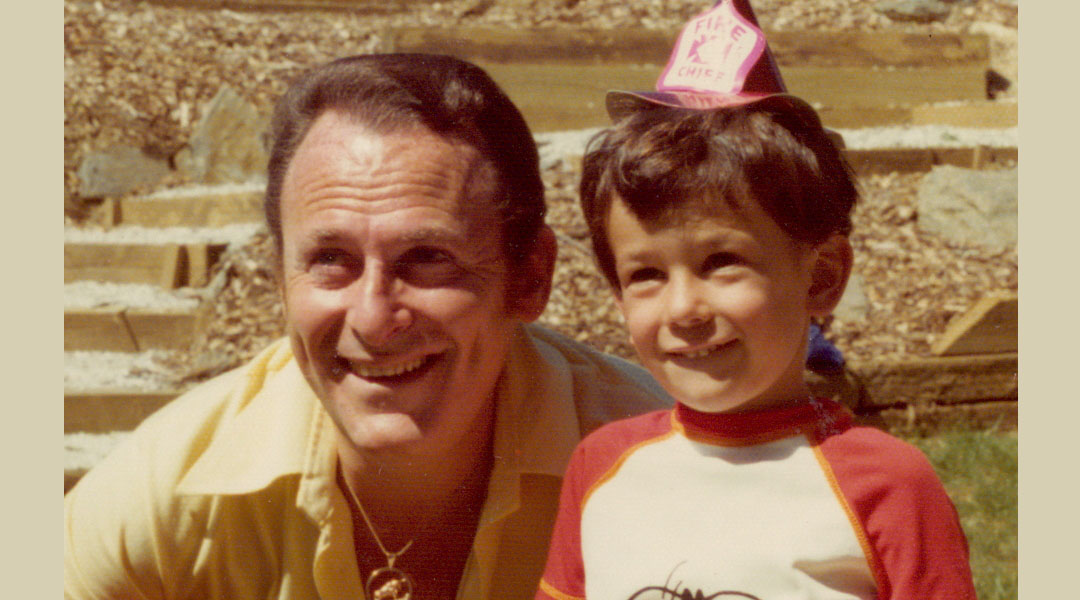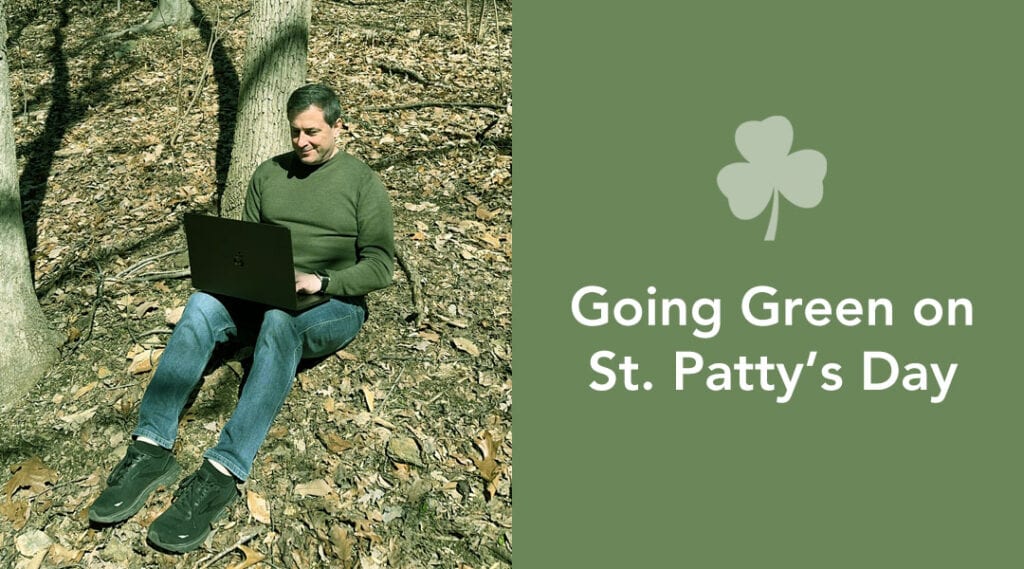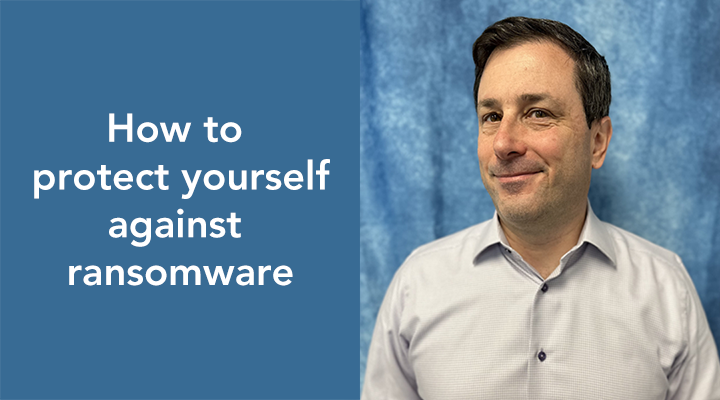I never knew Memorial Day as just a long weekend or an excuse to fire up the grill. For me, it’s always been personal. I can’t help but think of my grandfather — a man who served in World War II and whose stories shaped how I see service, sacrifice, and history.
He was a radio operator in a bomber in the European theater. He didn’t get the job because he was a trained technician or had a background in communications. He got it because he spoke Yiddish.
Yiddish isn’t exactly German, but it’s close — close enough that when the Germans were chattering on the radio, he could understand much of what they were saying. Army intelligence didn’t consider it close enough for him to be an official translator, but it gave his crew an edge. They could eavesdrop on enemy radio traffic and respond more quickly or get out of harm’s way. Turns out this was a pretty common tactic. Many Jewish servicemen who spoke Yiddish were placed in similar roles.
My grandfather was a first-generation American, born in his father’s general store — literally in the store — in what was then the countryside outside Philadelphia. Today that same building in Conshohocken is a French restaurant called the Spring Mill Café. That’s how family legends are made: a general store becomes a restaurant, and a baby born behind the counter becomes a war hero in the eyes of his grandson.
He had what you’d call a quintessential Army Air Corps experience. He flew in missions that ranged from sub-hunting in the Atlantic to the D-Day bombings to the massive, thousand-plane raids near the end of the war. And when I was a kid, he passed those stories down to me.
We’d build pillow forts in the living room and go on “missions” together. I’d be four years old, sitting in my imaginary cockpit, and he’d be narrating some wild bombing run or telling me where the German fighters were coming from. For me, it was pure fantasy. For him, I think it was a way of reliving what had been, for better or worse, the most defining experience of his life.
At the time, I didn’t fully understand what any of it meant. I just thought it was cool. As I got older, I began to realize how rare it was to hear those stories firsthand. And this past Christmas, when I had the chance to visit the National World War II Museum in New Orleans, it hit me in a new way.
The museum has several bombers on display — including the type he flew in. One is hanging from the ceiling so you can see its full scale. Another is cut open so you can see inside. I stood there, staring at the radio operator’s position, trying to imagine him crammed into that tiny space, headset on, listening for German chatter while flak exploded around him.
The planes were smaller than I ever expected. When we think of military aircraft today, we picture enormous, pressurized machines with climate control and room to move around. These bombers weren’t like that. Ten guys crammed inside, each with a job — manning a gun, navigating, flying, tuning the radio — and not much space to do it. The planes flew high, but they weren’t pressurized or heated. The crew wore heavy coats and gloves, and they had to be careful not to touch the metal with bare hands. You could literally freeze to the plane mid-flight, like the old story about the kid and the frozen flagpole.
That trip gave me a new kind of respect for what he endured. It made the stories real in a way that no book or movie ever could.
My grandfather passed away years ago. He came home from the war, raised a family, built a life. He didn’t die in uniform. But Memorial Day is still a time I think of him — because this day is about remembering those who served and are now gone. Whether they died in battle or lived to tell their stories decades later, they answered a call that most of us can only imagine.
I personalize Memorial Day by thinking of my grandfather.
Not just for what he did, but for how he passed it down. For the pillow forts and imaginary missions. For the way he made me see history not as dates in a book, but as something you could sit across from at the dinner table. And for the way, even now, he reminds me what courage and duty really look like.
So when Memorial Day rolls around, I don’t just remember. I relive. I picture that little radio compartment. I hear the static of enemy chatter. I see the ten-man crew doing their jobs in the freezing cold, not because they had to, but because they believed it mattered.
And I remember one man — my grandfather — doing his part to hold the line.




